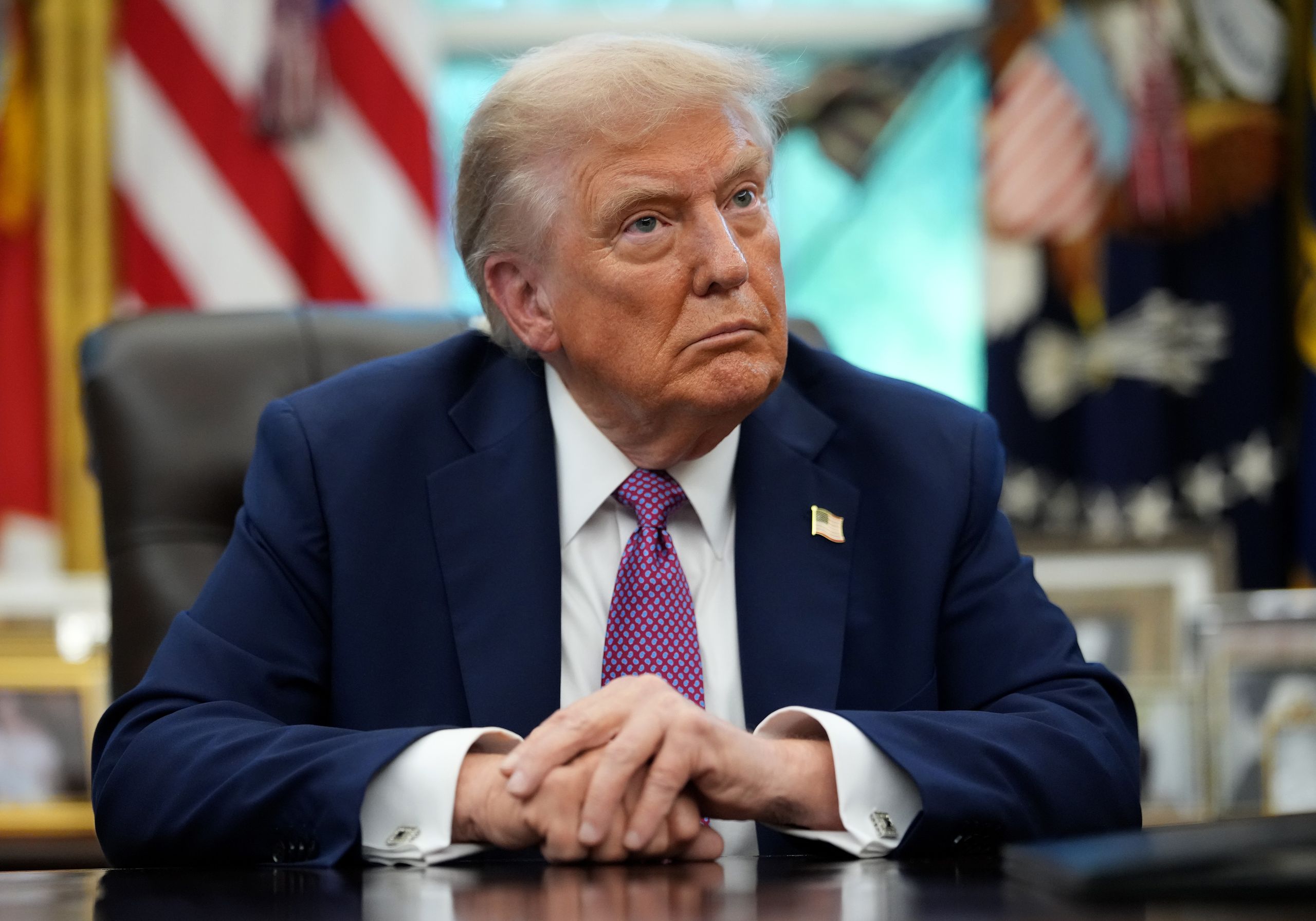Etro set to undergo recapitalization led by L Catterton

A recapitalization of Etro has been initiated by L Catterton. This move comes as part of the revival of the brand, which was acquired by L Catterton over two years ago. The private equity fund, L Catterton, which was co-founded by luxury conglomerate LVMH and acquired a majority stake in the historic Italian luxury house of Etro in July 2021, will finance a capital increase of €15 million.
The Milanese brand has officially confirmed this information, initially reported by the Milanese daily MF Fashion. Etro has conveyed, “The equity reinforcement intervention by shareholder L Catterton, which aims at financing the group’s significant investments, is parallel to the overarching revival project initiated in December 2021.” In the past two years, the brand has witnessed profound organizational transformation under the leadership of CEO Fabrizio Cardinali. This includes process reengineering, strategic repositioning, and initiation of a new aesthetic direction led by Creative Director Marco De Vincenzo. Major efforts have been made towards refining product offerings, enhancing the brand's image, increasing digital engagement, improving supply chain management and distribution networks, and expanding into new market domains.
A year back, Cardinali had a set target of achieving €500 million within the next five years, which he deemed as "a challenging yet achievable target." A year later, the brand has made significant headway, with the 2022 turnover being 17% more than that of 2021, adding up to €277 million. One of the most significant achievements is Etro’s operational profit, the first since the onset of the COVID pandemic. The earnings before interest, taxes, depreciation, and amortization (EBITDA) showed a positive outcome, marking a €9 million increase compared to 2021 and an impressive €25 million surge from the figures of 2020. However, there was a substantial loss of €23.6 million in 2022 for the brand.
Etro attributes this loss largely to the impact of amortization and extraordinary expenses,but also highlights "a clear improvement compared to the previous fiscal year."




